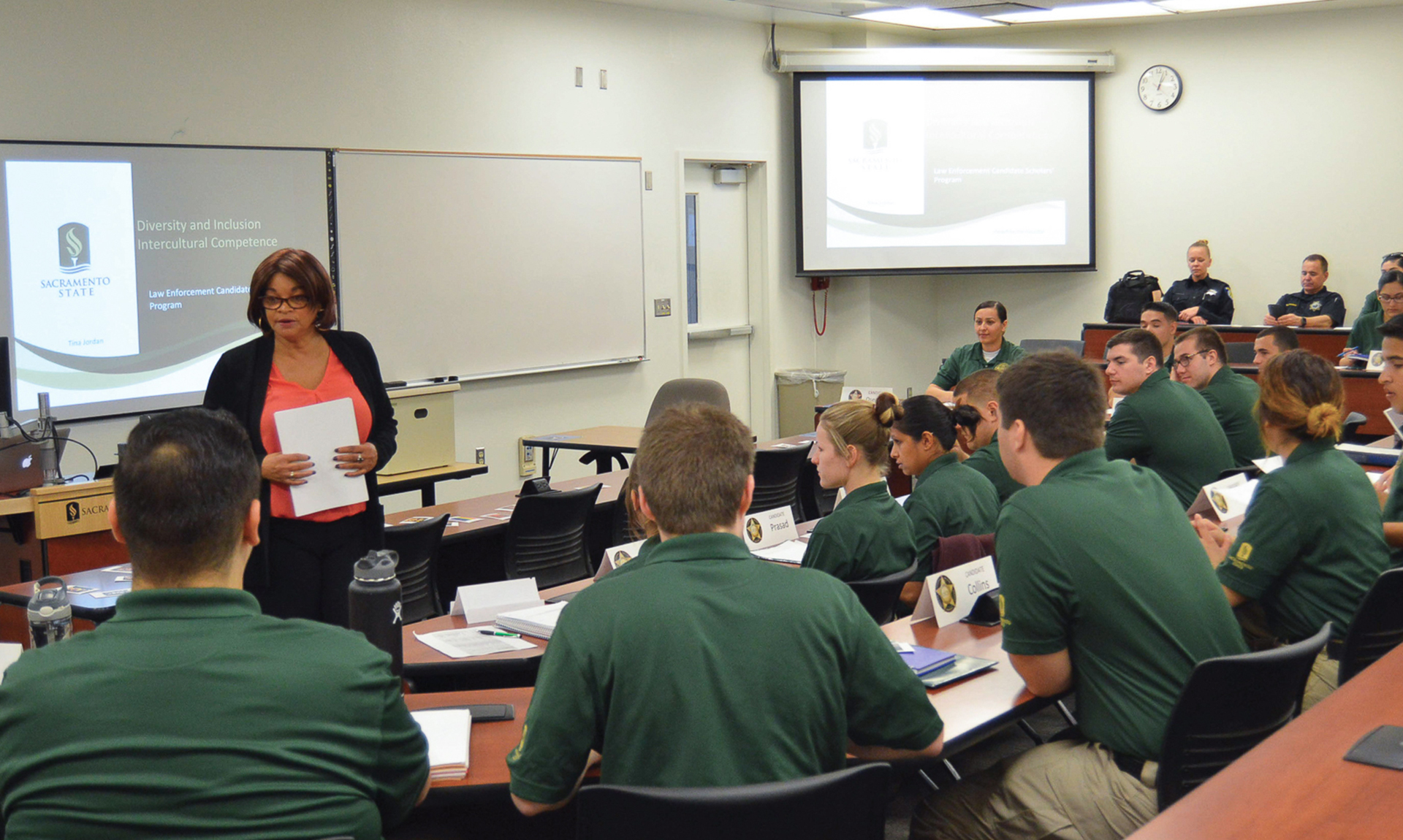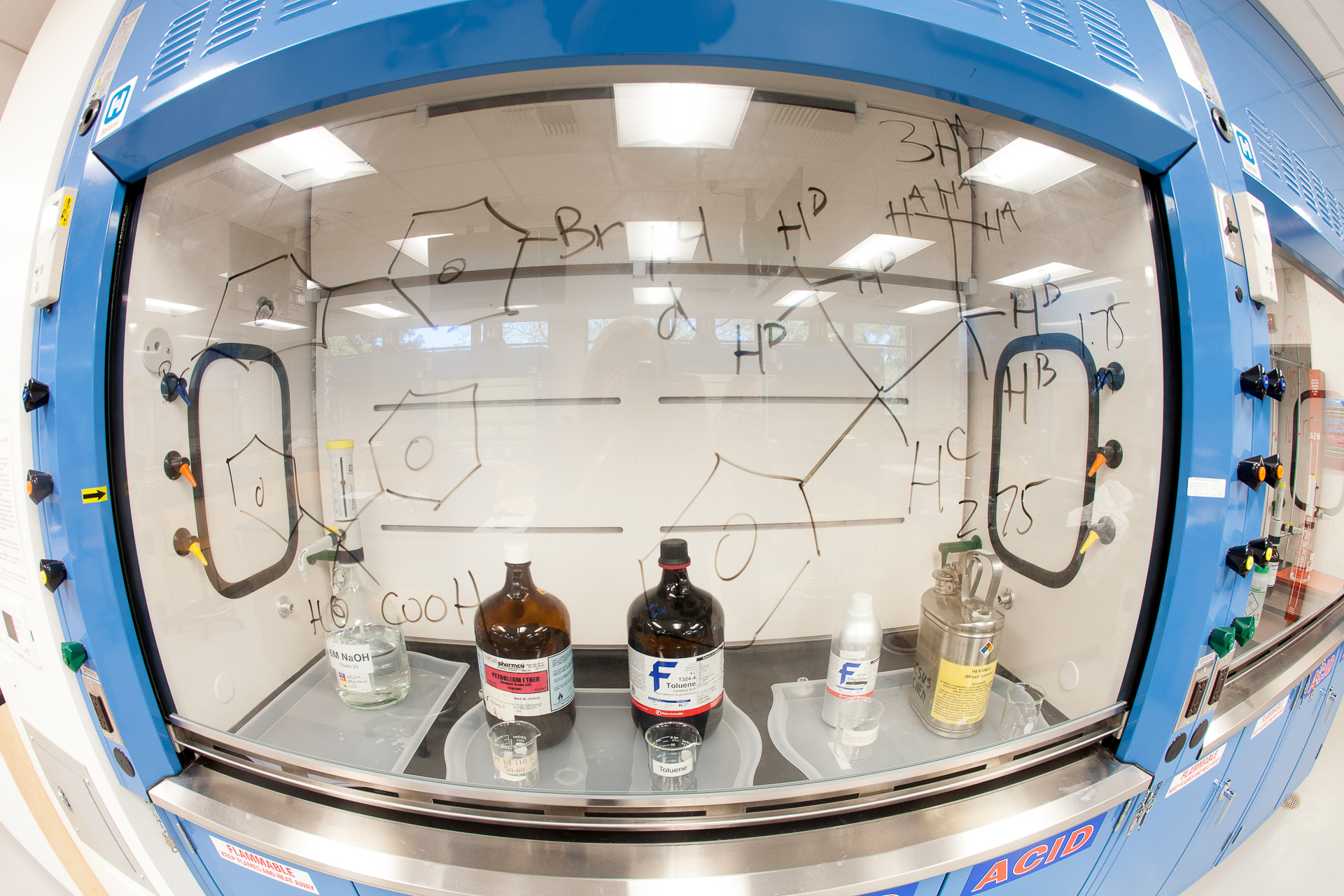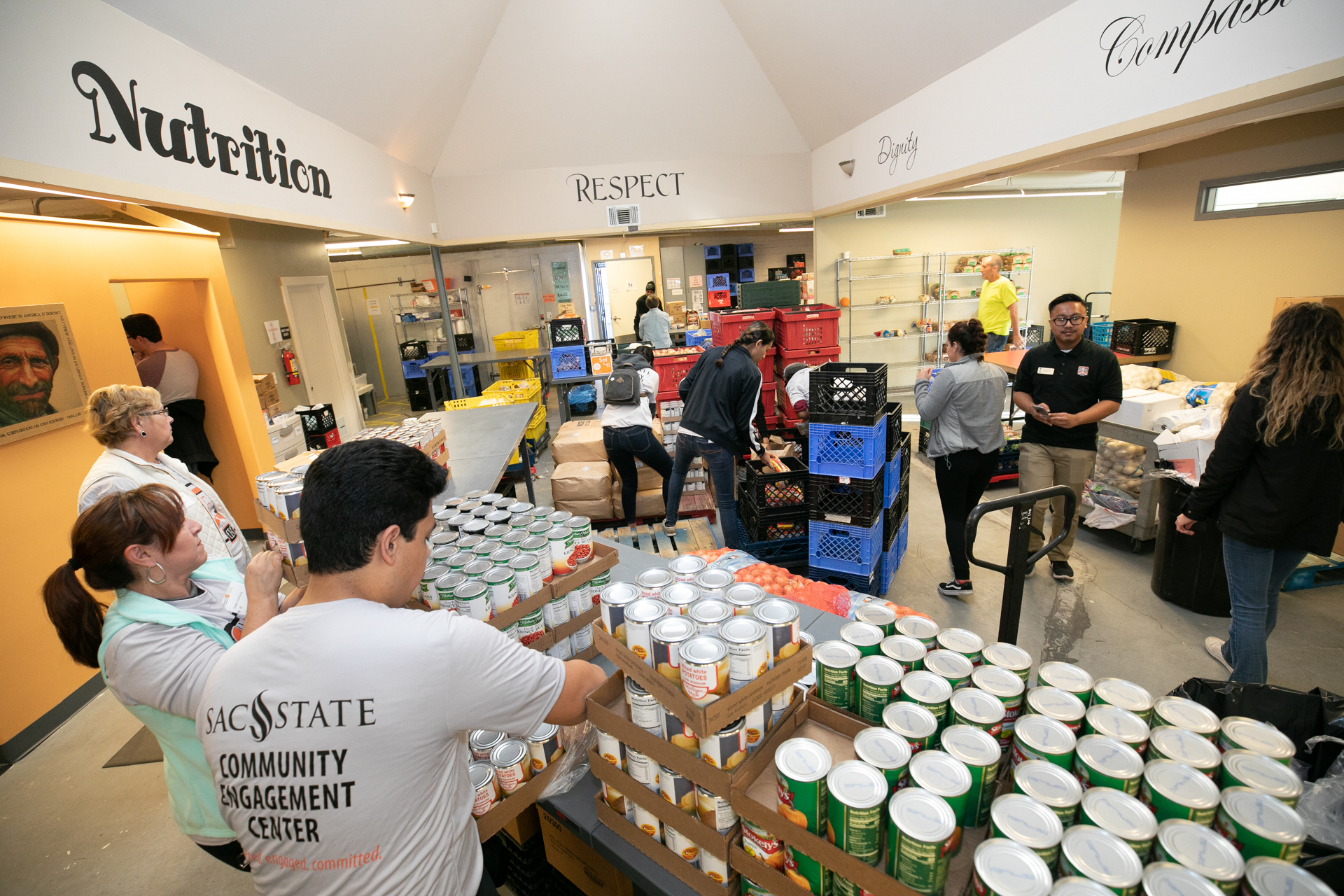Story Content
Program launched to train Spanish-proficient law enforcement professionals

October 29, 2021
A new program at Sacramento State will provide students interested in criminal justice and law enforcement careers with the language and cultural skills to better serve California’s growing Spanish-speaking population.
The proposed Certificate Program in Criminal Justice Spanish began its first of four courses this semester, with eight Criminal Justice students enrolled. Housed in the Department of World Languages and Literatures, the program eventually will be composed of two lower-division and two upper-division courses, plus an internship.
María Mayberry, a professor of Spanish and coordinator of the proposed certificate program, expects full approval during the 2023-24 academic year. The program is a partnership with CSU San Bernardino and funded through a $340,000 grant from the U.S. Department of Education.
The most recent Census data highlights the growth of the Latinx community in Sacramento County, from 21.6% of the population in 2010 to 23% today. Of the county’s roughly 166,000 new residents, 41% are Latinx.
“The need to serve this community is magnified by this increase in the population in Sacramento,” Mayberry said. “It shows the need for Spanish-speaking criminal justice professionals who can serve the Hispanic/Latino population."
Students will need to come into the program with some background in Spanish – either three years in high school or the consent of a Sac State faculty member. The courses will focus on developing Spanish language and cultural skills specific to criminal justice contexts. That means learning vocabulary and grammar – such as the Spanish words for handgun, testimony, or witness – as well as skills for interviewing a witness or suspect, reading suspects their Miranda rights, or explaining in Spanish the reason for a police encounter.
Cultural topics include understanding the role of family and religion in Latinx cultures and the importance of distinguishing between the informal tú and formal usted forms of address when speaking to someone from the Latinx community.
“When you relate to the person you’re speaking to, in their language and with understanding of their culture ... you are going to establish rapport, and you are going to get more cooperation.” - María Mayberry, professor of Spanish and coordinator of the proposed program
These skills are essential to building trust between law enforcement and Spanish speakers, Mayberry said.
“When you relate to the person you’re speaking to, in their language and with understanding of their culture, the communication is going to be enhanced. You are going to establish rapport, and you are going to get more cooperation,” she said.
“The more they see that either you speak the language or are making an effort to speak the language and understand their culture, the more confidence they are going to have in you.”
After the first year, students will participate in an internship in a criminal justice setting where they can interact with Spanish speakers. Mayberry said she and her colleague at CSU San Bernardino are working on a partnership that would allow students the option to complete the internship in Barcelona.
Ava Isola, a sophomore Criminal Justice major, took French in high school and only recently had started learning Spanish as a hobby. Hoping to eventually work for the FBI or as a police or probation officer, she was exploring adding a Spanish minor when she learned about the new program.
Isola said she appreciates the small class environment, which allows students more opportunities to practice their conversational skills with Mayberry and their classmates.
Miscommunication can be a problem in law enforcement settings, she said, but having bilingual criminal justice professionals can help bridge the divide.
“When you have a better connection with the people in your community, you can end up gaining trust and confidence from the people in those communities,” Isola said. “Learning Spanish, especially in California where there’s such a large population of Spanish speakers, helps with building trust and confidence.”
Upon approval, the Spanish-language certificate program will be the Department of World Language and Literature’s second certificate program. The Department launched the HEALS Certificate Program in Healthcare Spanish in 2015.
Media Resources
Faculty/Staff Resources
Looking for a Faculty Expert?
Contact University Communications
(916) 217-8366
communications@csus.edu


